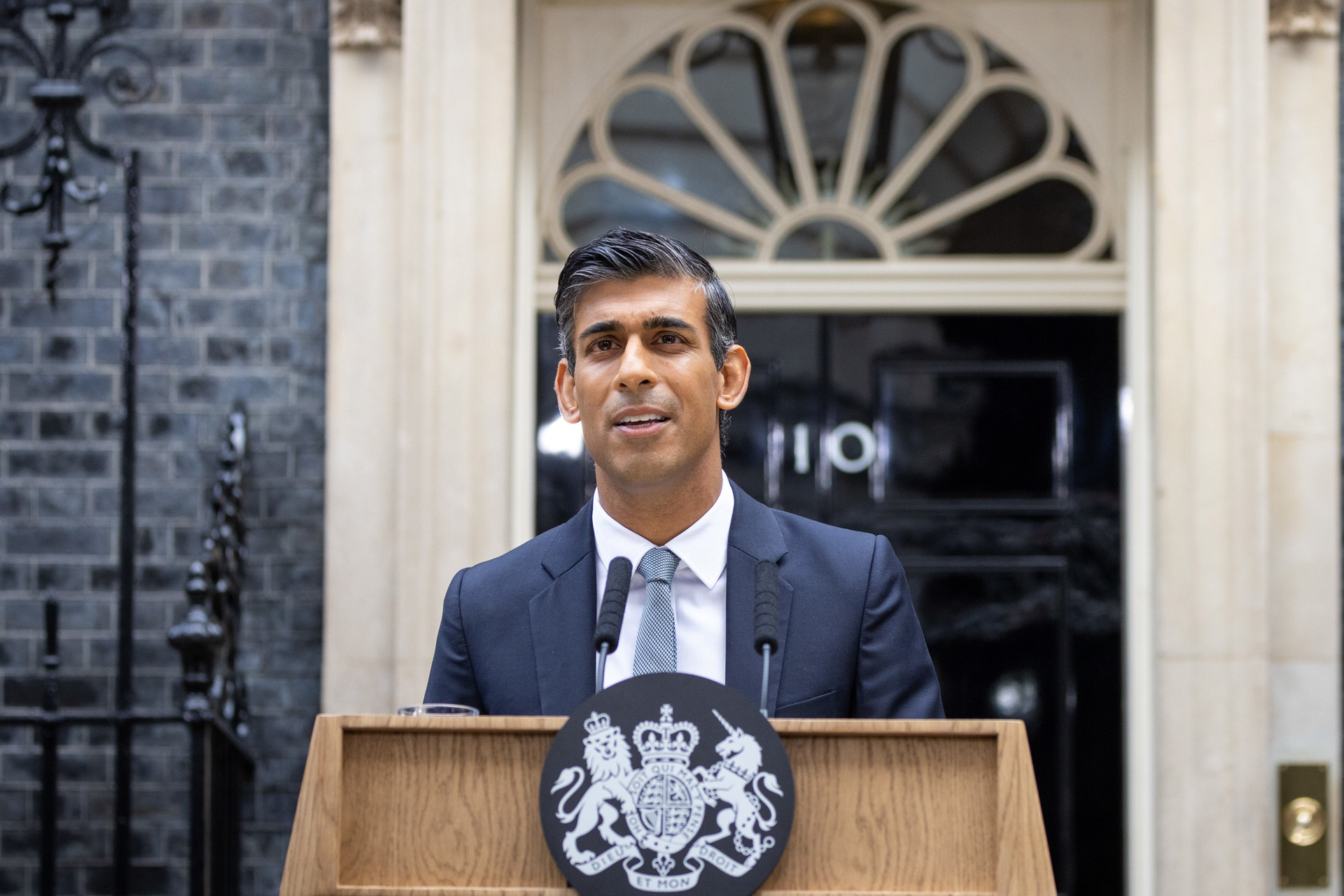Is Intermittent Fasting Actually Good For You?
By
2 years ago
Rishi does it – but should we?

All the celebs are doing it, including the Prime Minister, but is intermittent fasting actually good for the body? C&TH dives in.
Intermittent Fasting
Prime Minister Rishi Sunak made headlines earlier this year for calling fasting an ‘important discipline’ in his ‘balanced lifestyle’. He told the BBC: ‘I’m not sure people are that interested in my diet but I tend to try and do some fasting at the beginning of every week as part of a general balanced lifestyle but everyone will do this differently. I think it’s important we have healthy lifestyles, that’s part of what I do, but I also have a weakness for sugary things which I indulge in the rest of the week,’ referring to his penchant for Coca Cola, especially Mexico’s pure cane sugar variety.
While we don’t typically take lifestyle advice from politicians (stress, much?), it should be said that fasting is also wildly popular among the rich and famous, from former Twitter CEO Jack Dorsey to Goop dame Gwyneth Paltrow to her ex-husband Chris Martin of Coldplay. ‘I actually don’t have dinner any more,’ Martin recently admitted on a podcast. ‘I stop eating at 4pm and I learned that from having lunch with Bruce Springsteen,’ he said, name checking another fasting fan.
But, of course, just because it’s popular, doesn’t mean it’s good for you. So where does the science stand with intermittent fasting?
What Is Intermittent Fasting?
Intermittent fasting is an eating pattern where you cycle between periods of eating and fasting. Unlike most other diet plans, it’s all about when you eat rather than what you eat.
Of course, fasting is nothing new: humans have been fasting for centuries, and fasts are a key part of a number of religions, including Islam, Christianity and Buddhism.
How To Do It
Sometimes, intermittent fasting simply involves extending the fasting period we all partake in everyday: while we sleep. That is to say some intermittent fasters just skip breakfast and give the process a fancy name. The intermittent fasting most celebrities undertake, however, is a bit more intense: fasting for an entire day, or even multiple days at a time.
Common intermittent fasting methods include:
- 16:8 diet: fast for 16 hours a day and eat within an eight hour window, from 11am to 7pm for example
- 20:4 diet: fast for 20 hours a day and eat within a four hour window, from 1–5pm for example
- 5:2 diet: eat 500–600 calories for two days per week, and eat normally for the remaining five days
- Alternate fasting: you eat one day and fast the next, and repeat
- Prolonged fasting: abstain from eating food for at least 24 hours at a time.
The latter is the case with Sunak, who reportedly does not eat anything for 36 hours at the start of each week, fasting from 5pm on Sunday evening until 5am on Tuesday morning.
Can You Drink Water While Fasting?
Yes. The idea of fasting is to not consume anything that affects the blood sugar, which water does not do, so it is both acceptable and advisable to drink water while fasting. You can also drink tea and coffee without milk.
Is Fasting Good For You?
Opinions are split on whether intermittent fasting is good for you, but rest assured that our bodies are well-equipped to handle it in short periods. According to Healthline, some of the benefits include:
- Improved metabolic health
- Controlled blood sugar levels
- Stress management
- Potential protection against some disease and conditions, including heart disease, type 2 diabetes, cancer and Alzheimer’s
- Weight loss, due to restricted calorie intake and increased fat burning
- Increased autophagy, meaning the body removes damaged cells and regenerates new, healthy ones
Possible Drawbacks
Other studies have challenged these benefits. New research from the American Heart Association, for instance, has found fasting may be linked to a risk of heart disease. The study found that those who limited their eating to eight hours a day were more likely to die from cardiovascular disease than those who ate across 12 or 16 hours.
Intermittent fasting can also have negative side effects, including:
- Mood swings due to the impact on neurotransmitters, including irritability, restlessness and a difficulty concentrating
- Fatigue
- Slower metabolism while the body conserves energy
- Spikes in blood sugar levels
Likewise, many people don’t notice any weight loss at all, and much of the evidence claiming intermittent fasting helps with weight loss is based on studies with rodents.
Most dieticians would recommend a healthy, balanced diet over fasting. Either way, people with a history of eating disorders should steer clear.



























